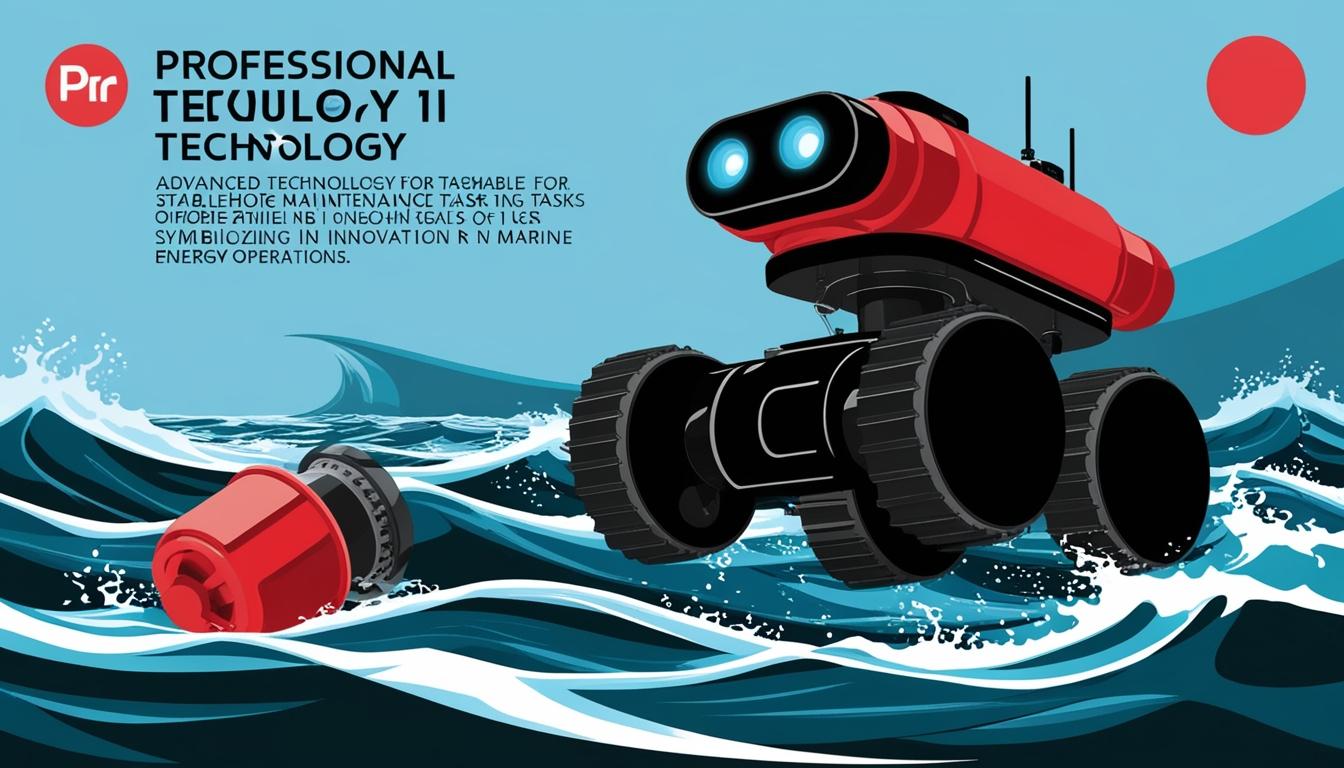Researchers at the University of Edinburgh have announced significant advancements in the field of underwater robotics, particularly aimed at enhancing the maintenance of offshore platforms. This innovative technology addresses longstanding challenges related to the unpredictable nature of ocean waves, which has previously hindered the operational capabilities of robots in marine environments.
The newly developed system leverages a combination of computational and experimental tools that enable autonomous robots to maintain a stable position even amidst irregular wave patterns. Dr Kyle Walker, a key figure in the development of this technology as part of his PhD research, elaborated on the innovation, stating, “By forming a prediction of future wave disturbances and integrating this within the control system, we’re able to expand this range with little to no change to the robot hardware.” This breakthrough has the potential to facilitate the deployment of existing robots currently available on the market for offshore maintenance tasks.
The technology has undergone successful trials at the University’s FloWave testing tank, where it mimicked actual ocean conditions using wave data captured by a buoy located in the North Sea. The findings suggest that the new approach not only enhances the stability of robots by predicting wave movements but also allows them to pre-emptively adjust their positions to counteract the effects of complex disturbances. This predictive capability marks a departure from conventional control systems, which have been slow to respond to the rapid changes caused by sea conditions.
The implications of this technology are considerable, especially for the renewable energy sector. By deploying autonomous robots for routine maintenance of offshore wind farms and other marine energy installations, operators could significantly reduce operational costs and enhance safety. Such developments could eliminate the need for ships and helicopters currently involved in maintenance operations, thus minimising human exposure to potentially dangerous conditions at sea.
Future research at the University aims to refine the robots' capabilities, particularly concerning their ability to perform precise tasks, such as detecting corrosion or repairing electrical systems while maintaining stability. The potential for robots to operate effectively at both surface and deeper water levels underscores the versatility of this new approach, which promises to revolutionise maintenance processes in marine renewable energy generation.
These advancements in underwater robotics not only highlight the University of Edinburgh's contribution to maritime technology but also signal a shifting paradigm in how offshore energy operations may be conducted in the future. Originally published in Power Engineering International, the insights from Dr Walker and his team's developments pave the way for a more automated, cost-effective, and safer approach to maintaining the vital infrastructure of offshore energy resources.
Source: Noah Wire Services
